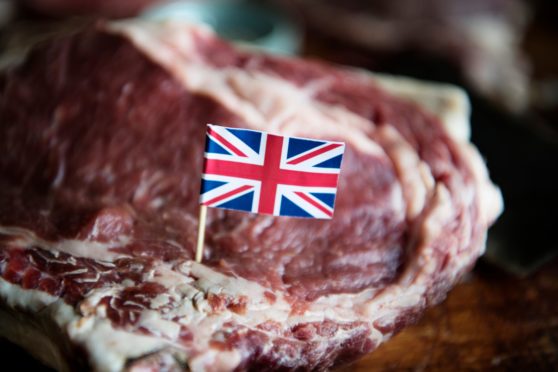A US/UK trade deal is unlikely to lead to an immediate flood of lower standard American produce hitting supermarket shelves, according to a new report.
The report, compiled by the Agriculture and Horticulture Development Board (AHDB), highlights the risks and opportunities a free trade deal with the USA may present for UK food and farming businesses.
According to the levy body’s report, although food standards may be used as a barrier to trade, speculation about the UK being flood with US food produced to lower standards than in the UK is “possibly misplaced”.
AHDB senior policy analyst Tom Forshaw, who authored the report, said it was unlikely in the short-term that any deal with the US would lead to a flood of American produce coming to the UK.
“This is both because of the nature of trade deals, which take time to implement over 10-15 years, but also because of the economics of trading,” added Mr Forshaw.
“In many sectors, the US already has seasoned markets, with products that are traded at a higher price than we currently import here. But UK farmers can’t afford to be complacent and need to ensure they are well placed to be competitive in the future.”
He said the US was already an important market for UK food producers and in September last year the first shipment of British beef for 24 years was sent across the pond in a deal worth an estimated £66m over five years.
“The US is a global agricultural powerhouse and a trade deal will improve access to the UK market, so we need to be conscious of what’s potentially coming,” added Mr Forshaw.
“It is also a market of 330 million relatively affluent consumers and that gives us an opportunity.”
Farmers have repeatedly warned against allowing lower standard food imports into the UK via post-Brexit trade deals.
Intense lobbying, including an NFU petition signed by more than 1 million people and endorsed by celebrities including Jamie Oliver, resulted in the UK Government putting the Trade and Agriculture Commission on a statutory footing. It will advise government on trade deals to ensure they do not put British farmers at a disadvantage.

